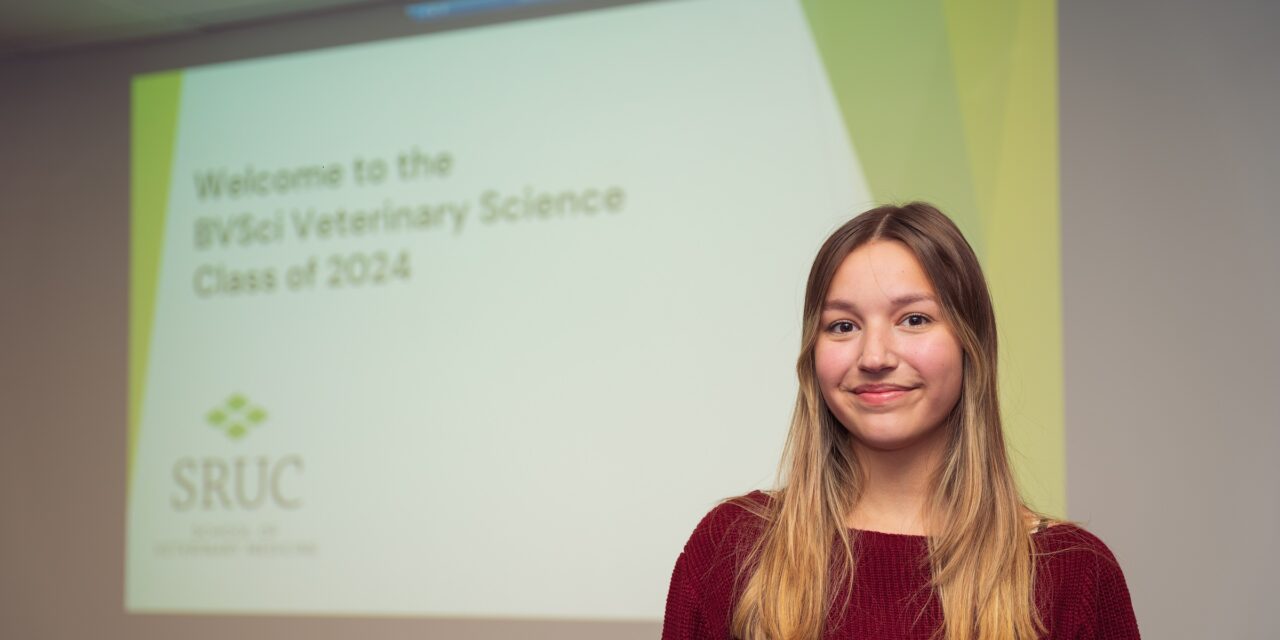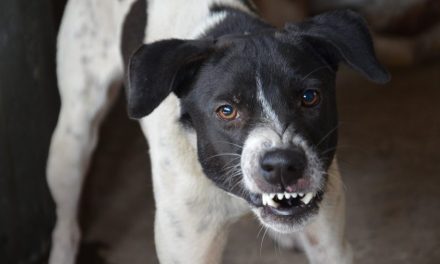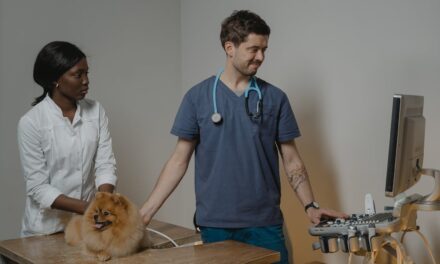Scotland’s Rural College (SRUC) has welcomed its inaugural class of veterinary students to the newly established School of Veterinary Medicine in Aberdeen.
This marks the opening of Scotland’s first new vet school in over 150 years. The first cohort of 45 students includes a significant number from rural or remote areas, demonstrating SRUC’s commitment to widening access to the veterinary sector.
Scotland’s Chief Veterinary Officer, Sheila Voas, was among those welcoming the new students. The Bachelor of Veterinary Science (BVSci) programme is designed to train students from Scotland, Ireland, and across the UK, with a specific focus on those from rural backgrounds. The programme aims to equip students with the skills and knowledge to support veterinary practices in rural communities, where demand for professionals remains high.
A Focus on Rural Veterinary Needs
The SRUC School of Veterinary Medicine’s unique tertiary model allows students to progress from HND (Higher National Diploma) courses into the veterinary degree programme. This provides a pathway for individuals with a foundation in animal health to pursue veterinary qualifications.
One of the students in the first cohort, 20-year-old Abbi Harcus from East Ayrshire, completed an HND in Rural Animal Health at SRUC earlier this year. Speaking about her journey into veterinary education, she said, “I was about 15 when I knew I wanted to be a vet, but when I started the HND I realised I had a lot to learn.”
Abbi’s aspirations highlight a central goal of the programme: to prepare students for veterinary practice in rural areas, where the need for professionals is pressing. “When I finish, I want to go into practice as soon as I can, and I’ll definitely stay in Scotland. There are so many rural areas that struggle to keep vets,” she added.
Meeting Key Challenges in Veterinary Education
The opening of the SRUC School of Veterinary Medicine follows the college’s recent achievement of Taught Degree Awarding Powers (TDAP), allowing SRUC to offer degree-level qualifications. The school’s BVSci curriculum has been developed to address several issues facing the veterinary profession, particularly in rural areas.
Professor Caroline Argo, who leads the veterinary school, spoke about the importance of aligning the skills of students with the needs of the profession. “It is now recognised that the UK veterinary profession is failing to achieve self-sufficiency in generating and retaining homegrown talent,” she said. “This has serious ramifications for key sectors of the profession that are central to Scotland’s ambitions, economy, and the sustainability of our rural communities.”
By focusing on the development of general practitioners suited to rural and mixed practice, SRUC aims to produce graduates who can directly contribute to essential industries such as food production and animal care.
A ‘Historic Moment’
The opening of the veterinary school represents a significant moment in Scottish veterinary education. Professor Wayne Powell, Principal and Chief Executive of SRUC, addressed the students and their families at the Aberdeen campus. “With the launch of this new programme, we stand at an historic moment for veterinary education,” he said. “As part of this first cohort, you are all making history. You are now on an extremely exciting journey as you begin your studies here in Aberdeen.”
The establishment of SRUC’s veterinary school is expected to play a key role in addressing the ongoing shortage of veterinary professionals in Scotland, particularly in rural areas. The institution’s focus on fostering local talent and providing pathways for students from rural backgrounds to enter the profession reflects a commitment to supporting the sustainability of Scotland’s agricultural and rural sectors.








